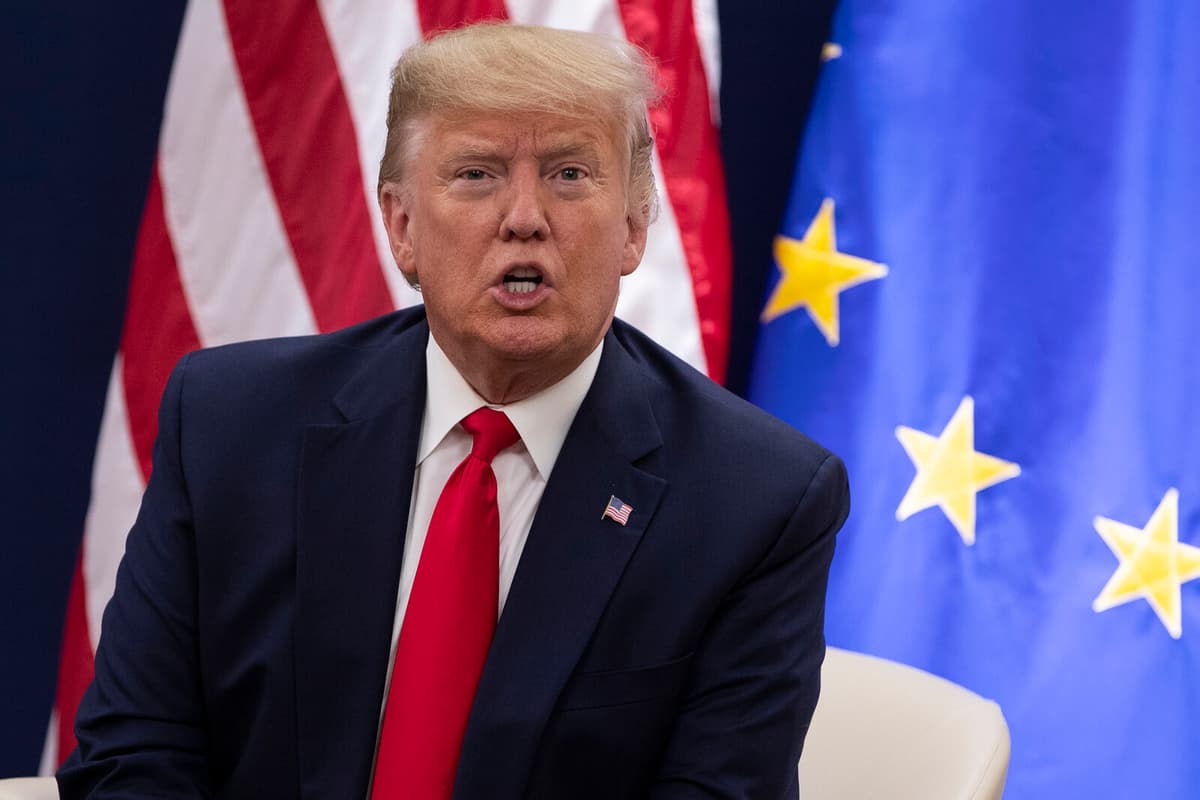Above all, the USA wants to discuss European agricultural regulations, believes Rikard Westerberg, who teaches economic history at the Stockholm School of Economics.
The EU has quite a lot of regulations regarding spraying, chemicals, and genetically modified meat that are much more far-reaching than in the USA. They see it as a hidden trade barrier and that's what they will want to talk about, he says.
Even weapons and energy from the USA will be on the agenda, believes Westerberg.
I think they will want to sell more liquid fossil gas and also American military equipment.
"Not Greenland"
The Trump administration may also want to discuss NATO, Ukraine, and security guarantees.
Security-related issues concerning Ukraine can definitely come up. The economists around Donald Trump have ideas about using tariffs as a tool for their security policy. Threatening with tariffs to drive through their policy and rewarding countries that comply with American security policy.
But not regarding Greenland, that's a specific issue concerning Denmark, and the EU doesn't have much competence over that.
Even Trump's currency strategy – pressing the dollar rate down to bring back jobs to the manufacturing industry – can become a negotiating issue.
Several times in history, other countries have agreed to raise the value of their own currencies and let the dollar become weaker. They have talked about trying to get a new such agreement, called the "Mar-a-Lago accord", which would mean that countries in principle would agree to buy their own currencies and sell dollars.
Outraged Farmers
Certain issues will, however, be difficult for the EU to discuss.
Lowering the dollar and security policy issues, that's hard for the EU to do. It's outside EU competence.
The EU's primary interest lies in returning to as much free trade as possible between countries. The EU is likely to be willing to meet the USA halfway on certain areas, believes Westerberg.
They may enter into partner programs around defense materials and buy more energy from the USA. Many EU countries still import energy from Russia, so there may be an interest there, he says.
But I don't think they will touch the issue of more spraying and antibiotics, because that would make many European farmers extremely outraged, and I have a hard time imagining that large countries like France and Germany would agree to that.






